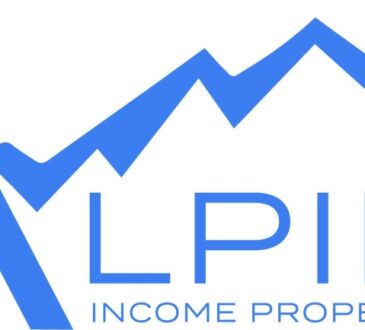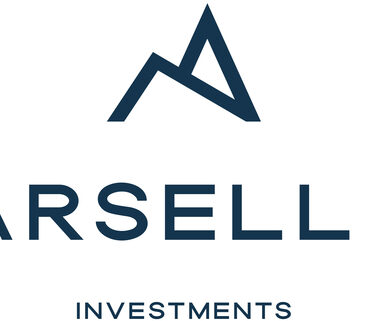New HNW research: Investors to increase real estate investing but demand change from next government

- Life sciences, warehouses & logistics and co-living seen as real estate sectors likely to generate the best returns
- Biggest challenges facing real estate market include higher interest rates, changes in political leadership, increased regulation and changes to tax system
- Top three property priority areas for upcoming government should be alleviating restrictions on conversions and brownfield sites; zoning and land use policies and incentivisation for affordable housing
- Current government has failed to deal with planning restrictions, impact of affordability and lack of a UK construction workforce
Nearly three in five (58%) HNW investors plan to significantly increase their overall investment allocation to real estate in the next 12 months. This is according to new research by specialist property lender, ASK Partners (ASK).
ASK’s research also revealed that one in five (18%) HNW investors plan to increase their current real estate investment risk tolerance while 17% plan to decrease. Indeed, respondents cited life sciences, warehouses & logistics and co-living as the real estate sectors that they believe are likely to generate the best returns over the next 12 months while appetite for retail sector investments was significantly lower.
The research highlighted that the biggest challenges facing the real estate market according to HNW investors in the next 12 months include higher interest rates, changes in political leadership, increased regulation and changes to the tax system. 13% felt housing should be the number one top priority for an incoming government.
Investors suggested that the top three property priority areas for the upcoming government to enhance investment in real estate in the UK should be alleviating restrictions on conversions and brownfield sites; zoning and land use policies and incentivisation for affordable housing. The current government has failed to deal with planning restrictions, the impact of affordability and the lack of a UK construction workforce according to respondents.
Daniel Austin, CEO and co-founder at ASK Partners, said: “Our research shows that investors plan to significantly boost their real estate investments in the next 12 months which is a really positive sign for capital investing in the sector and shows the strength of real estate debt as an asset class. The positive sentiment towards the life sciences, warehouses & logistics, and co-living sectors, is certainly a reflection on the investment prospects we are anticipating due to market demand. However, higher interest rates, political changes, increased regulation, and tax adjustments are seen as key challenges. To enhance investment, investors want to see the government focus on alleviating restrictions on conversions and brownfield sites, revising zoning and land use policies, and incentivising affordable housing. Addressing these issues could help overcome planning restrictions, affordability challenges, and the shortage of a construction workforce, thus strengthening the UK’s real estate market.
“Housing is a pivotal election issue, linked to economic stability. Rising house prices and mortgage approvals suggest the beginnings of a recovery, but the housing shortage threatens a full turnaround. The UK faces an affordability crisis due to insufficient rental and sale properties, impacting GDP. Decades of social strain persist unresolved. Parties must present credible long-term plans, aiming for 300,000 homes annually, a target unmet since 2004. Reviving SME housebuilders, boosting skilled labour, and reforming planning are crucial.”
ASK’s loan portfolio recently surpassed £1 billion, a significant milestone for the firm especially during challenging economic times. ASK’s adaptability as a lender has allowed the firm to maintain its lending activities through economic cycles without capital loss and, enabling it to offer its private client investors a variety of real estate debt investment opportunities according to their risk profile.




